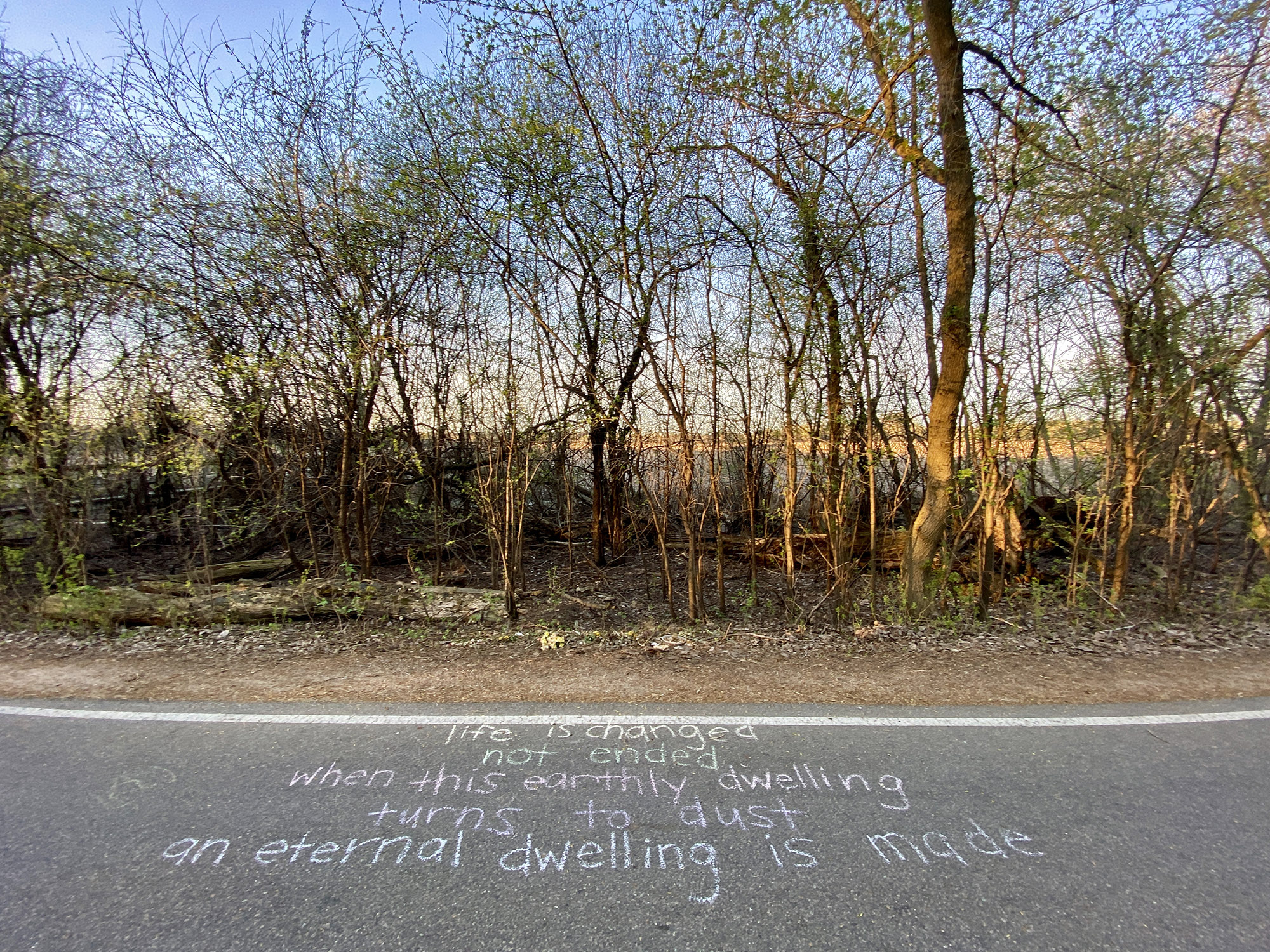Tony Perez:
You can argue that the openness of the web has been dying for the past decade. For the web, death comes in the form of a centralization of control and power, and arbitrary authoritarian changes made for the “greater good.”
The current state of our fear for the safety of public health has created the perfect event to push the pendulum out of balance.
Let there be no mistake in our minds, the actions that my fellow technologists, and associated companies, are taking, and pushing, are things that society as a whole will feel in the not so distant future.
The scariest part for me is that as a technologists, I have seen first hand what an organization can do with unfettered access to data, when the checks and balances are lost, when we believe we are the ones capable of dictating what is good for society, on their behalf, without choice, and what a little power can do to any person.
What further amplifies the concern is that it is not government that is driving this “big brother” state of affairs, its big tech. These are entities that are not elected officials, but corporations that transcend physical and logical boundaries. They have the ability to influence what you see, what you think, and they have the ability to choose sides.
——-
This was not a case of individuals selling snake oil. They were sharing their observations, and opinions. Right or wrong, is not the point. It’s the process of normal debate and discourse. They were also seasoned medical professionals.
Shortly after its release, it was removed from the platform. Because it didn’t conform to the guidance from the World Health Organization (WHO). Say what?
It seems a far stretch to remove their content simply because it doesn’t conform to WHO, and goes contrary to spirt of the examples Susan provided. In essence, YouTube is saying you are not allowed to disagree with WHO, at all; do so, and your content will be removed. But what if they are wrong? Are we not allowed to question that?
Once it’s demonstrated that a company has this level of power, how, who, draws the distinction between what government policies they conform with, and which you don’t? What happens when society as a whole disagrees? How do you say yes to state government, but not Federal? How do you tell China, Cuba, North Korea they are wrong for their censorship when we do the same thing?













